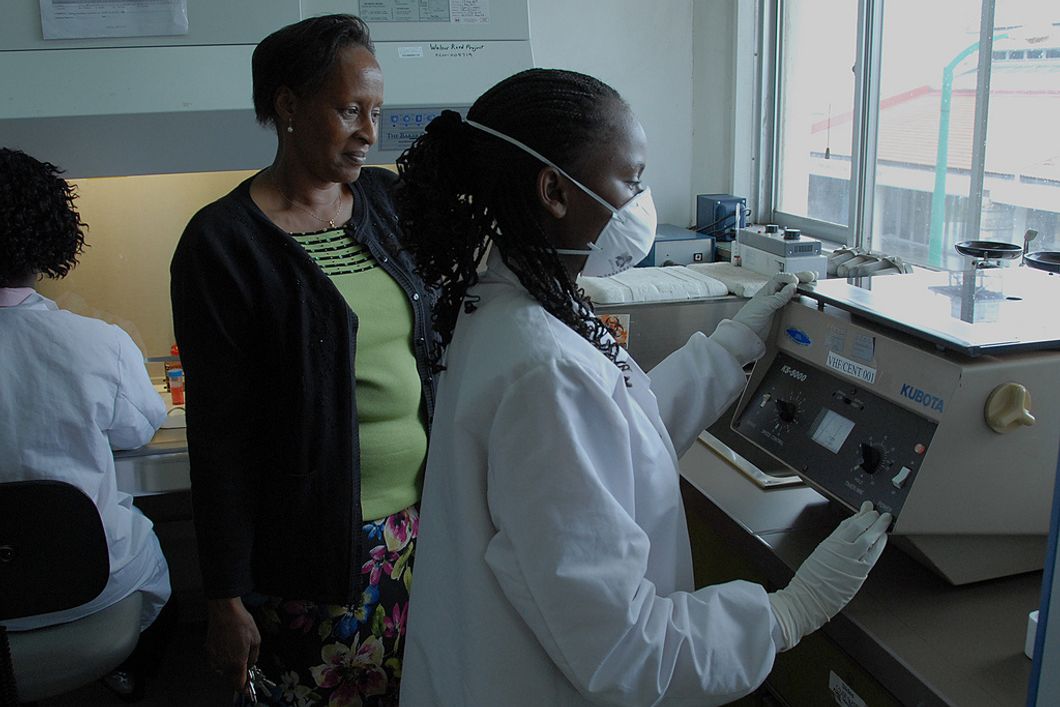Most people have heard of malaria in some shape or form, but do not actually know much about the actual disease. Most do know that the disease can be contracted through a mosquito bite, but do not know that the disease is not actually contagious from person to person. And many see malaria as a problem that only exists in third-world countries. But up until recently, malaria was still an issue in most first-world countries, including the US.
Malaria is contracted in humans if bitten by an Anopheles mosquito carrying a Plasmodium parasite, usually Plasmodium falciparum. Again, malaria is not caused by a bacteria or virus; Plasmodium is a parasite, one that enters the body and infects red blood cells and uses them as their host. If left untreated, this disease can be lethal. And according to the WHO, there were a whopping 212 million cases of malaria in 2015 and 429,000 respective deaths. Malaria is also likely the deadliest disease in human history possibly killing half of all humans that have existed, has infected many presidents like George Washington and John F. Kennedy, and killed people like Alexander the Great, King Tut, and several popes.
And until 1950, malaria was still a prevalent issue in the United States, when the CDC and US government partnered up in a large operation to eradicate malaria in the country. The CDC (Centers for Disease Control) is headquartered in the state where I live, Georgia, and is a US federal institution, so they are a part of the government. This is one of the main reasons why the CDC was able to eradicate malaria so quickly within the United States, by receiving funds and pushing for governmental regulation. But in many other countries, especially third-world countries, this will never be a reality. These countries depend on foreign aid and help combat malaria because their own governments are dealing with other pressing issues that are part of a developing nation.
Considering the sheer scope of this disease, you should take the time to learn more about malaria and stay informed with the disease's history as well as its current state. As of right now, nearly half of the world population is at risk of contracting malaria. There over 3.5 billion people who could get bitten by a mosquito carrying malaria and potentially die as a result. If you are traveling soon or at least planning to, you may want to check if the region is at risk for malaria and other diseases.
If you are reading this, chances are that you are in a first-world country. And it's not your fault that you are uniformed on malaria and do not care much about the issue, because it doesn't directly affect you; but that doesn't mean you can turn a blind eye when there are millions of people around the globe still suffering from the disease. Even being far from the issue, you can help the cause of fighting malaria.
To me, it is despicable that first-world governments are not putting the same effort into eradicating malaria in the third-world that they put into eradicating malaria in their own countries. And even though there has been some effort and case incidences have dropped, that is simply not not enough. It has been over 50 years since the CDC helped eradicate malaria in the US, but it is still a major issue around the world. I am not saying the CDC has not been helping the crisis, but they seem to have a but less effort when an issue does not directly concern the American people.
However, many scientists are still working to improve malaria treatments and create other solutions to eradicate malaria around the world. We have seen the eradication of many other diseases, and maybe malaria will be next.
So, what can you do to help? Stay informed. Most people have no idea the true scope of malaria in our world today, living in their own bubble inside a first-world country. I too, as a Georgian, am guilty of this at times. But if people like you take the time to learn more about malaria and start a conversation, a movement can begin. Outside of staying informed, you can donate to organizations that are devoted to fighting malaria. A couple of these said organizations include Against Malaria and Malaria No More. Even if you are a broke college student, a dollar can go a long way.
And with that, I hope you take the next step in the battle against malaria.

















